
In the recommended dose (this is something you should learn from the label, since different companies produce tinctures and extracts in different strengths), vitex decreases estrogen levels and increases progesterone levels. Changing levels of these two hormones can be very useful in certain kinds of women's infertility. Sometimes the problem causing infertility is essentially misplaced tissue. Bits and pieces of the endometrium lining the uterus can get lodged at the opening of the fallopian tubes, interfering with ovulation. Excessive estrogen can also cause the lining of the uterus to become too "tough" to receive the fertilized egg. Shifting the balance of estrogen to progesterone helps all of these problems. The only drawback is that ovulation may occur earlier than expected, so fertility testing is likely to help. However, taking too much vitex undoes all its benefits. In low doses, vitex is beneficial for managing estrogen, progesterone, follicle stimulating hormone (FSH), luteinizing hormone (LH), and prolactin. In high doses, it has no effect at all.
The women who are most likely to benefit from taking vitex are those who have low progesterone levels or who don't have periods at all. The actual clinical trials of vitex as a tool for enhancing women's fertility have only involved 96 women, 15 of whom received vitex. Taking the herb increases chances of fertility after just 3 months, but women who take vitex for just a month or two and quit may get no benefits at all. There are not a lot of side effects of vitex for women. It can cause dry mouth, dry nose, or dry eyes, and sometimes it can cause diarrhea the first day or two it is taken. These side effects are rare. Since this herb is used to induce menstruation, women who are already pregnant should not take it. The term "chasteberry" originally referred to the use of the herb by men. Vitex lowers testosterone levels, and inhibits both sexual desire and fertility. The antidote for men who accidentally take vitex, however, is often to take more, for up to a week. Low doses lower male hormone production, but higher doses have no effect.
- www.nhs.uk/conditions/infertility/
- Photo courtesy of Kazuhiro Tsugita by Flickr: www.flickr.com/photos/moguru/7786702990/


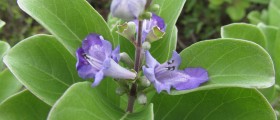



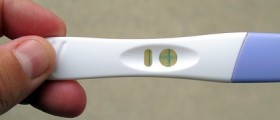
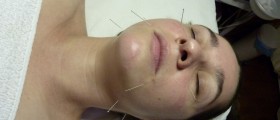





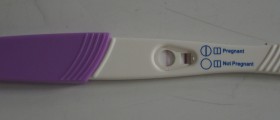


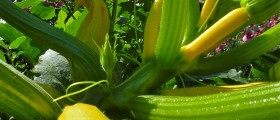
Your thoughts on this
Loading...